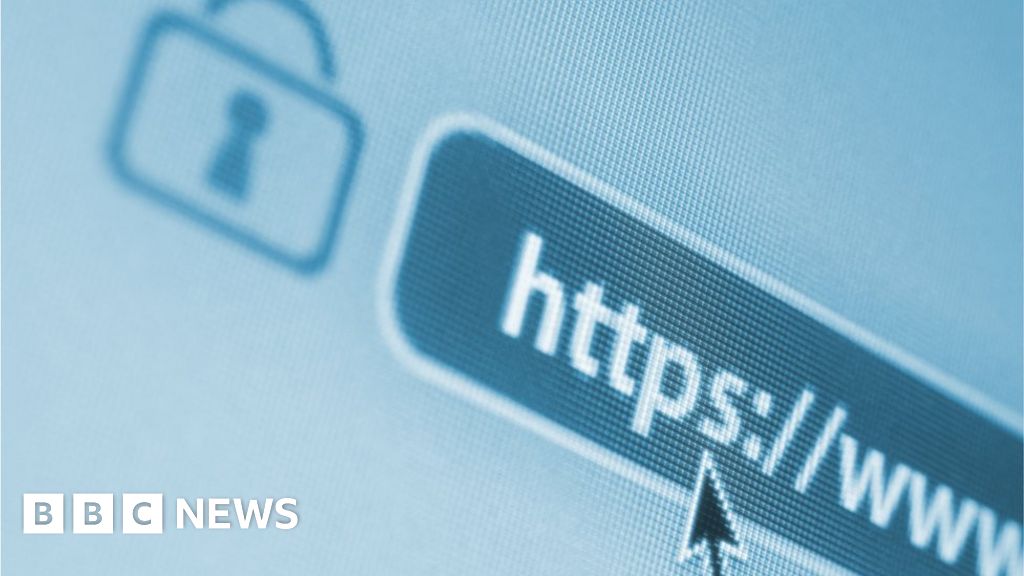Kazakhstan's New Online Safety Tool Raises Eyebrows

 Image copyright
Getty Images
Image copyright
Getty Images
Kazakhstan's drive to obtain government access to everyone's internet activity has raised concerns among privacy advocates.
Last week, telecoms operators in the former Soviet republic started informing users of the "need" to install a new security certificate.
Doing so opens up the risk that supposedly secure web traffic could be decrypted and analysed.
Some users say the move has significant privacy and security problems.
Much of the concern focuses on Kazakhstan's human rights record, which is considered poor by international standards.
Human Rights Watch says authorities do not allow peaceful protests, clamp down on trade unions, and use criminal prosecutions against journalists and opposition politicians with little cause.
Kazakh internet users reported being redirected to web pages telling them to install the new certificate on their home and mobile devices and some received text messages telling them to do so.
A statement from the Ministry of Digital Development said telecoms operators in the capital, Nur-Sultan, were carrying out technical work to "enhance protection" from hackers, online fraud and other cyber-attacks.
It advised anyone who had trouble connecting to some websites to install the new security certificate, from an organisation called Quaznet Trust Network.
Kcell, one of the large communications providers, said that not having the certificate could cause problems accessing some internet resources.
Unencrypted data can be read by anyone - such as a user's internet service provider - who might be able to intercept the web traffic.
An increasing number of websites are now using HTTPS traffic - which is encrypted and uses security certificates to verify the encryption.
Installing a government security certificate could allow authorities to decrypt the data, analyse it and re-encrypt it before sending it to its final destination.
Some corporate networks use such an approach to block malicious sites or stop the sharing of sensitive company information.
Media playback is unsupported on your device
The Vice-minister of Digital Development, Ablaykhan Ospanov, told Kazakh news site Tengrinews that installing the certificate was optional for now.
He said communications providers were obliged to offer the function to consumers - but that it was optional for the end user.
But many Kazakhs and privacy advocates remained unconvinced.
One user filed a bug report with Mozilla, maker of the internet browser Firefox, characterising the move as a "man in the middle" cyber-attack and calling for the browser to completely ban the government certificate.
A blog post from VPN provider Private Internet Access characterised the move as one designed to " spy on its citizens' internet traffic".
"Forcing all of Kazakhstan's internet through one government issued certificate is a gargantuan privacy issue but it is also a security issue," it said - highlighting that a hacker might gain control of the certificate itself and therefore to all the unencrypted traffic of every user.
Paul Bischoff, from Comparitech, said the move "is about surveillance, not security" and encouraged Mozilla and other browser-makers, such as Google, to ban the certificate.
"This is a man-in-the-middle attack at nation-state scale," he said.
"Considering that more than half of the websites visited today use HTTPS, this is a huge endeavour... I'd give it a month before the whole thing falls apart."
From Chip War To Cloud War: The Next Frontier In Global Tech Competition
The global chip war, characterized by intense competition among nations and corporations for supremacy in semiconductor ... Read more
The High Stakes Of Tech Regulation: Security Risks And Market Dynamics
The influence of tech giants in the global economy continues to grow, raising crucial questions about how to balance sec... Read more
The Tyranny Of Instagram Interiors: Why It's Time To Break Free From Algorithm-Driven Aesthetics
Instagram has become a dominant force in shaping interior design trends, offering a seemingly endless stream of inspirat... Read more
The Data Crunch In AI: Strategies For Sustainability
Exploring solutions to the imminent exhaustion of internet data for AI training.As the artificial intelligence (AI) indu... Read more
Google Abandons Four-Year Effort To Remove Cookies From Chrome Browser
After four years of dedicated effort, Google has decided to abandon its plan to remove third-party cookies from its Chro... Read more
LinkedIn Embraces AI And Gamification To Drive User Engagement And Revenue
In an effort to tackle slowing revenue growth and enhance user engagement, LinkedIn is turning to artificial intelligenc... Read more

